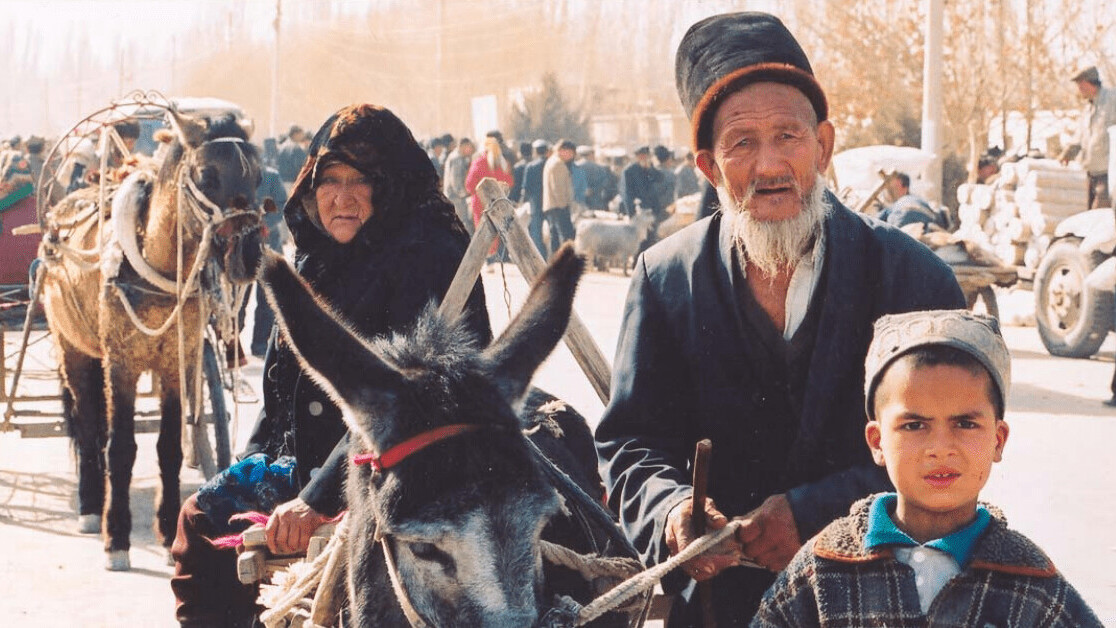Ten days after reports emerged that China’s biggest tech firm has tested an AI “Uighur alarm,” the country’s largest e-commerce company has been exposed for offering face-scanning software that identifies members of the persecuted group.
Internet giant Alibaba provided “Uighur-detection-as-a-service” that could send customers an alert when a Uighur person was identified, according to a report by video surveillance researchers IPVM.
IPVM is the same organization that revealed Huawei had validated software that recognized Uighurs, after discovering an internal report on the company’s own European website.
Alibaba had also made little apparent effort to hide its system. IPVM said the firm had published details about the tech on the website of its cloud computing division.
[Read: Famed footballer cuts ties with Huawei over AI ‘Uighur alert’]
According to the researchers, the Alibaba Cloud site showed how customers could use the software to identify Uighurs from images and videos.
IPVM said that mentions of Uighurs and minority detection were quickly deleted from the site after Alibaba was contacted for comment. The “Amazon of China” later issued a statement claiming the tech was only used “within a testing environment:”
We are dismayed to learn that Alibaba Cloud developed a facial recognition technology in a testing environment that included ethnicity as an algorithm attribute for tagging video imagery. We never intended our technology to be used for and will not permit it to be used for targeting specific ethnic groups, and we have eliminated any ethnic tag in our product offering. This trial technology was not deployed by any customer. We do not and will not permit our technology to be used to target or identify specific ethnic groups.
The company's documentation of the feature, across several pages of its website, had given no indication that it was a test. By all appearances, it was live. pic.twitter.com/iSGx9niZrF
— Raymond Zhong (@zhonggg) December 17, 2020
References to the system may have now been deleted, but IPVM has published translated screenshots and archives of the pages.
While fears around the role of Chinese tech firms in the repression of Uighurs have thus far centered on Huawei, the report suggests the surveillance runs far deeper than just one company.
Get the TNW newsletter
Get the most important tech news in your inbox each week.





